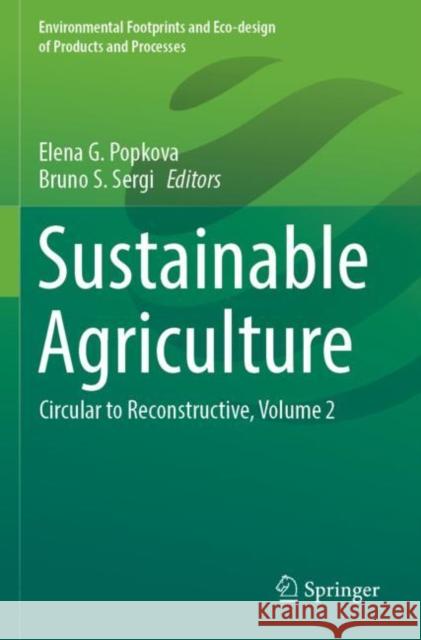Sustainable Agriculture » książka
topmenu
Sustainable Agriculture
ISBN-13: 9789811911279 / Miękka / 2023 / 280 str.
Sustainable Agriculture
ISBN-13: 9789811911279 / Miękka / 2023 / 280 str.
cena 402,53
(netto: 383,36 VAT: 5%)
Najniższa cena z 30 dni: 385,52
(netto: 383,36 VAT: 5%)
Najniższa cena z 30 dni: 385,52
Termin realizacji zamówienia:
ok. 16-18 dni roboczych.
ok. 16-18 dni roboczych.
Darmowa dostawa!
Kategorie BISAC:
Wydawca:
Springer Verlag, Singapore
Seria wydawnicza:
ISBN-13:
9789811911279
Rok wydania:
2023
Ilość stron:
280
Wymiary:
23.5 x 15.5
Oprawa:
Miękka
Dodatkowe informacje:
Wydanie ilustrowane











